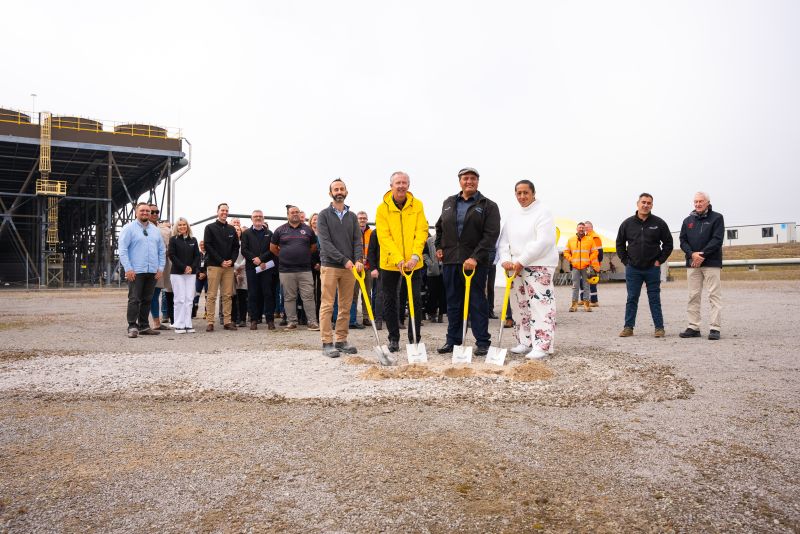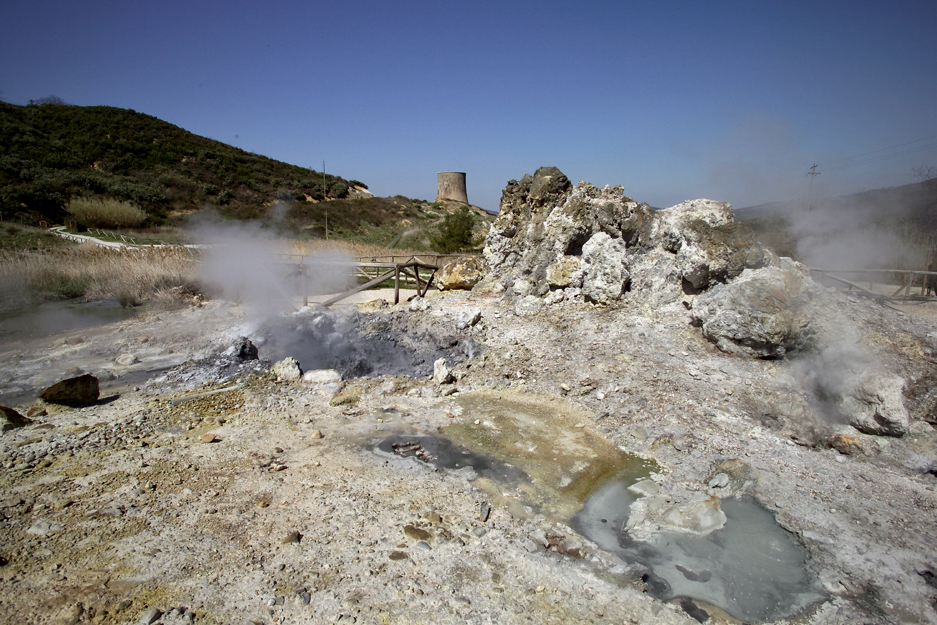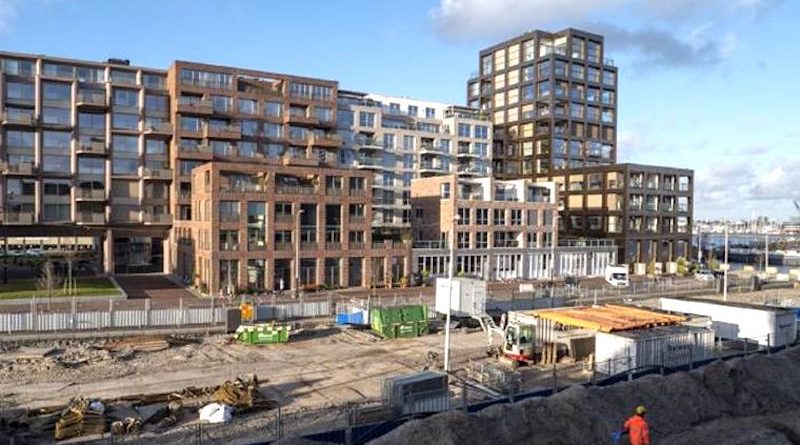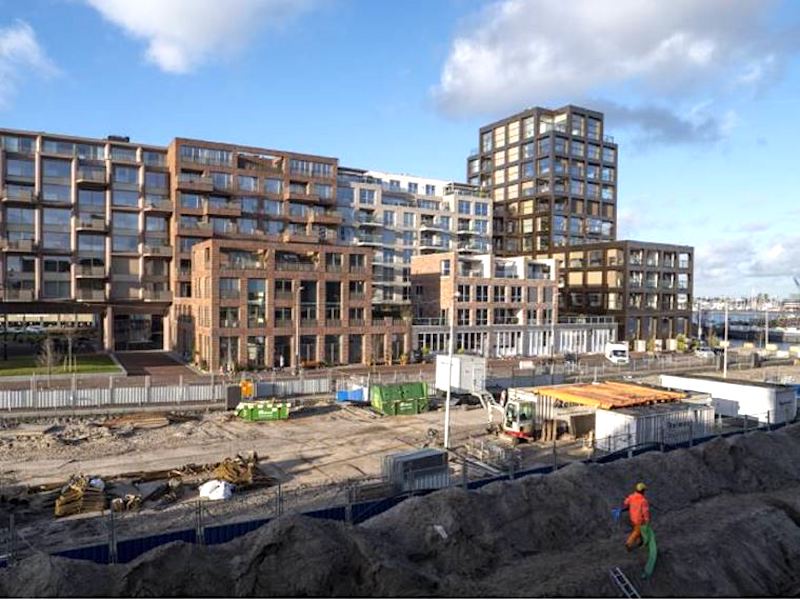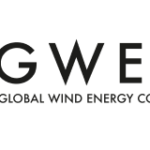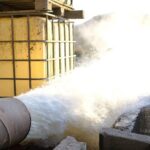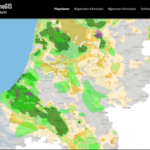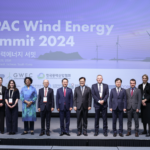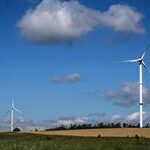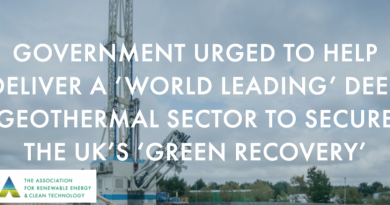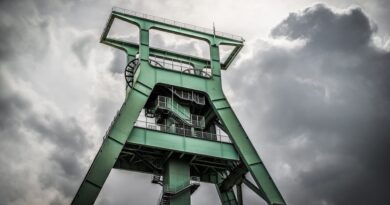Geothermal industry in the Netherlands has promising potential for strong growth
Energy Disrupter
With potentially 70 new projects in the pipeline, the Dutch geothermal sector is poised for strong growth in the coming years according to this release by Geothermie Nederland
In a press release, Geothermie Nederland expressed how the country’s geothermal industry is on pace for very strong growth in the next few years. However, the organizations also calls for a faster licensing process and a Mining Act that is properly aligned with the goals and needs of the geothermal sector.
Netherlands currently has 28 operating geothermal projects. These are geothermal doublets used mostly for heating in greenhouse horticulture, but some also supply heat to houses and buildings. With 70 other projects in the pipeline, the number of geothermal projects in the country can reach 100 in the coming years.
These measures are instrumental in attaining the country’s goal of 55% to 60% CO2 emissions by 2030. The Dutch geothermal sector is still very young but it has gained interest from major market players. Geothermal has the potential of supplying about 25% of the country’s heat demand and possibly more than 50% of the heating requirement of the horticulture industry.
A faster licensing process
Among the most important needs of the sector is a process that grants licenses faster. Just for 2022, there are already 22 geothermal projects set to receive subsidies under the Incentive Scheme for Sustainable Energy Production (SDE) program. However, these projects may not be executed in time for the SDE deadline because of delayed granting of permits.
This very long permitting process has been described as being “disastrous” for the industry. Not only are projects losing funding, but it results to waning confidence from investors and suppliers. Geothermie Nederland calls for the SDE realization term to be extended from 4 to 6 years, and for the Ministry of Economic Affairs to simplify the licensing process.
Amendments to the Mining Act
Geothermie Nederland also calls for attention to the new amendments being made to the Mining Act to ensure that they are aligned with the needs of the geothermal sector. Among the parts of the law that need to be improved are the frameworks for defining the area for heat sales, regulation of competing sectors, and criteria for granting follow-up permits compared to the initial permits.
Addressing the risks
Relating to the potential of geothermal in Netherlands, Geothermie Nederland has released a sector document titled “Geothermal Energy – in the starting blocks for strong growth”. You may access the document through this link.
A section of the document addresses the common risks perceived in developing a geothermal project, namely the generation of seismicity and how geothermal drilling can affect the quality of drinking water from groundwater. These risks are mitigated through a number of measures:
- A risk analysis is needed before a geothermal permit is granted by the Ministry of Economic Affairs
- An environmental permit takes into account the presence of groundwater protection areas and drilling-free zones
- The use of an Industry Standard Sustainable Well Design that aims to minimize the risk of seismicity. This well design takes into account the whole life cycle of the well, from design to decommissioning.
- Agreements on how damage from seismicity will be handled in a transparent manner
- Well design provides multiple protection walls separating geothermal fluids from groundwater. Continuous monitoring of well integrity is done so that immediate action can be taken, if necessary.
Source: Geothermie Nederland

